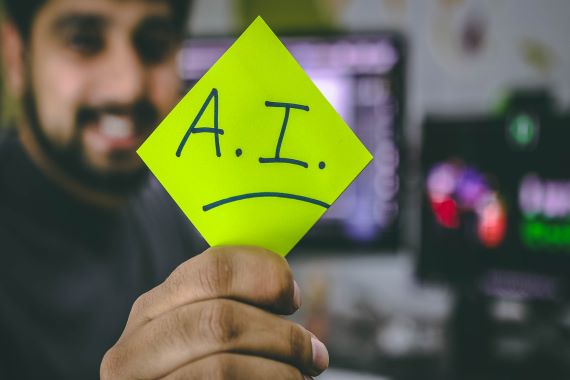The role of the CFO has changed from a service provider to a strategic partner, so each and every finance head in the C-suite should be looking at how artificial intelligence (AI) within their enterprise resource planning (ERP) system can deliver a competitive advantage. Our use of AI has increased in our everyday lives for years, often without us fully realizing the full extent.
While the concept has been initially intimidating to some, by pairing AI with ERP and human intelligence, the business processes cost less and accomplish more. The need for greater business agility amid growth in a competitive market is surely a driver of AI-enabled ERP.
More and more CFOs, due to lower labor costs and increase productivity, are reconsidering and more willing to invest in emerging technologies such as AI accounting software. In order to stay competitive, today’s CFOs must be willing to adopt the technologies that offer new ways to outperform old processes.
Yesterday’s CFOs were experts at budgeting and planning, satisfied simply by trimming spending and streamlining the company’s accounting practices. However, instead of looking back as stewards of their company’s historical data, today’s CFOs are looking ahead and directing company-wide growth.
Finance leaders know that some level of AI adoption is inevitable, perhaps even obligatory. Incorporating AI into a company’s workflows can be daunting, but there’s mounting pressure for CFOs to shed outdated processes and spearhead the adoption of new and disruptive technologies. Here’s how AI ERP is just what the CFO ordered:
Predictive insights for decision making
A core function of ERP is helping organizations improve productivity and streamline business processes in order to make better decisions across their operations. Artificial intelligence enhances these and other business functions by analyzing datasets in greater volumes than previously possible. AI can learn earlier behavioral patterns from historical data, too.
Artificial intelligence offers deeper insights into organizational data than a human or ERP by itself could. Given the massive datasets found in ERP, patterns and associations within a company’s data can be easily overlooked with the human eye. AI, on the other hand, is able to discover less obvious trends for an insightful analysis of their operations and long term decision-making.
Automation of Routine Processes
Repetitive behavioral tasks can be programmed into AI technology thereby governing the actions and methodologies by using those parameters applied to a specified data set. Automation frees up human intelligence to hone in on higher-level processes not manageable by machine.
ERP compiles data from multiple data points which eliminates the need to perform manual data entries into the system. This costs staff and time resources, which for most companies comes at a premium. By uncovering patterns more effectively than a human, AI can automate workflows and flag issues much sooner.
With human involvement on repetitive tasks, the additional costs come in the of erroneous input. Artificial intelligence paired with ERP use the data sources to learn and create workflows which minimizes the time it takes to compile data while also reducing errors.
When choosing an ERP system, CFOs should inquire with potential vendors how they plan to leverage AI technology in their platform before making their selection. Combined with AI, ERP automates, tracks, routes, and analyzes processes to make better business predictions.



